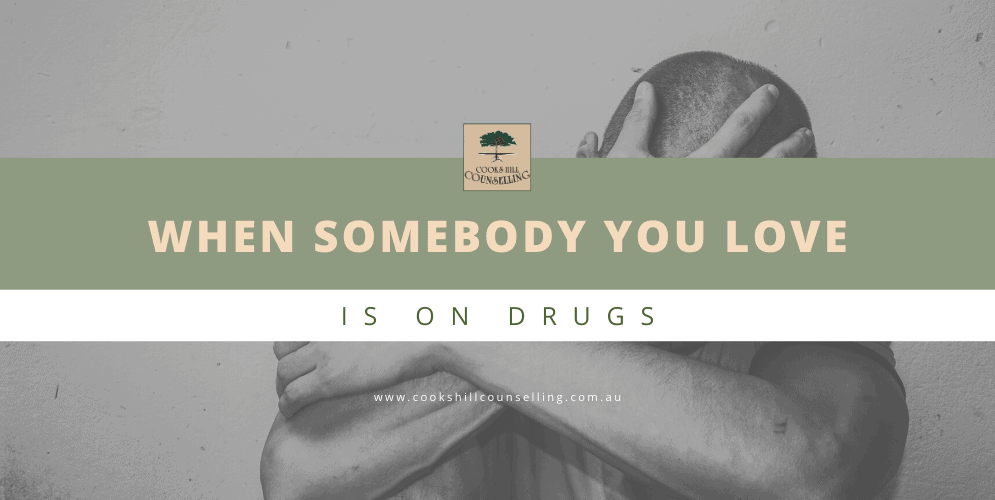When Somebody You Love is on Drugs
Exploring the effects of drug addiction and what you can do about it.

It's heartbreaking to think that your loved one may be struggling with drug addiction. This type of situation brings a lot of mixed emotions at once. You may experience feelings of anger, hurt, and you may feel overwhelmed. It's understandable to feel confused and conflicted in situations like this.
But don't fret - recovery is possible, and there are a lot of ways where you can help your loved one get there.
1. Educate yourself about addiction
It's normal to have a range of feelings when you are confronted with addiction. Addiction is a disease and needs ongoing treatment to be resolved. The Internet is filled with medical and scientific information regarding addiction and its forms. Research options and explore treatments that would best fit your loved one's situation.
2. Acknowledge the problem
Addiction is a gradual disease, and it may seem easier for you to overlook the signs of addiction in your loved one rather than face it. But convince yourself that you want to help for your loved one's sake. Don't give up on them. At the right time, engage in a conversation with them about it, without making them uncomfortable. And if it gets more difficult: you may want to include a professional counsellor or therapist in the conversation.
Professionals are trained to navigate difficult conversations between both parties to keep the conversation on track. As well, they’re unbiased and non-judgmental and they will listen to anything and everything.

3. Tough love doesn't work
It’s often said that one needs to hit rock bottom before they can rise again. With this in mind, people don’t often dry out unless they want it for themselves. So it stands to reason that you should not force them into treatment if they're not mentally ready to change. Like previously mentioned, getting into addiction isn't something that your beloved wanted, and it's certainly not easy for them to get out of it too. When you give them the tough treatment and force them into quitting drugs, they might just relapse again. Adjust and find the right moment to talk about it.
4. Set some boundaries
When dealing with a loved one going through addiction, there is a possibility that he or she may become disruptive. Setting boundaries may help you feel more secure, and at the same time, will hopefully make him or her give rehab or other treatments a second thought. Examples of some common limits you may want to consider are: 1) Don't drink or use around you; 2) Come home before a certain time frame; 3) Don't help them in times of legal or financial trouble. This way they will feel more responsible for their actions and they may have more reasons to change.
5. Take care of yourself
Dealing with a loved one going through any type of addiction takes a serious toll on your physical, mental and emotional well-being. While this may seem selfish from another person's point of view, there is one prominent life mantra that holds true: You cannot love others if you do not love yourself first . Exercise, eat healthily, enjoy the outdoors, meditate, and have fun. Give yourself some slack. When you feel good about yourself, you will feel much more once you help out your loved ones and others.




